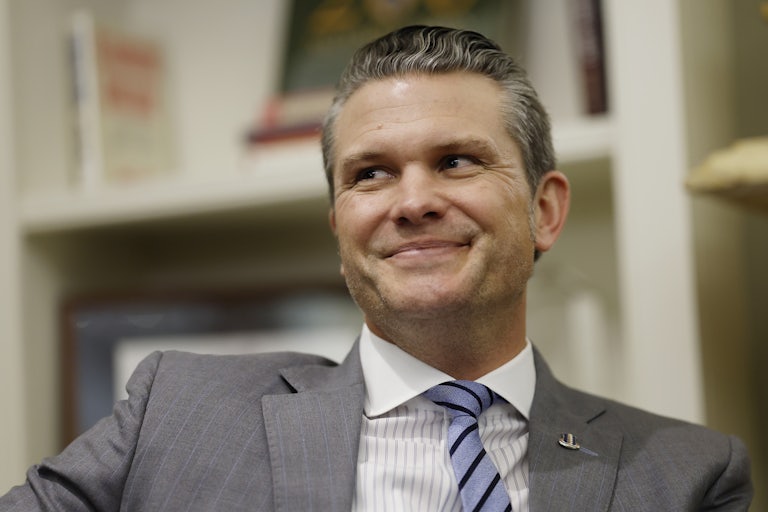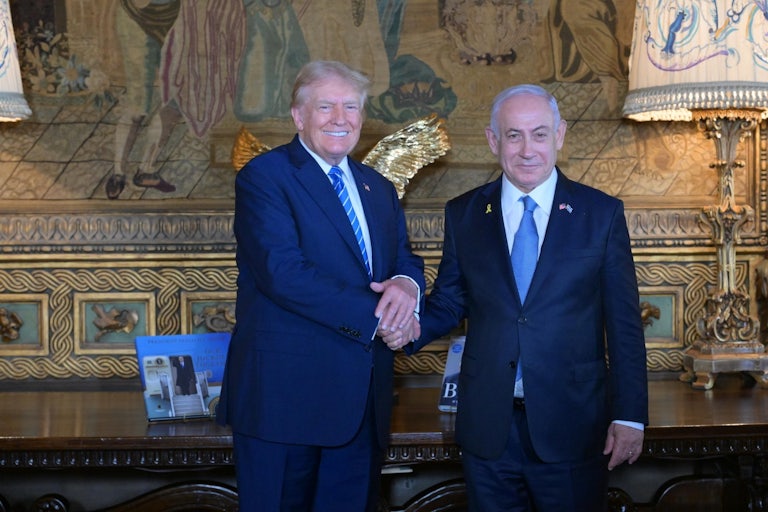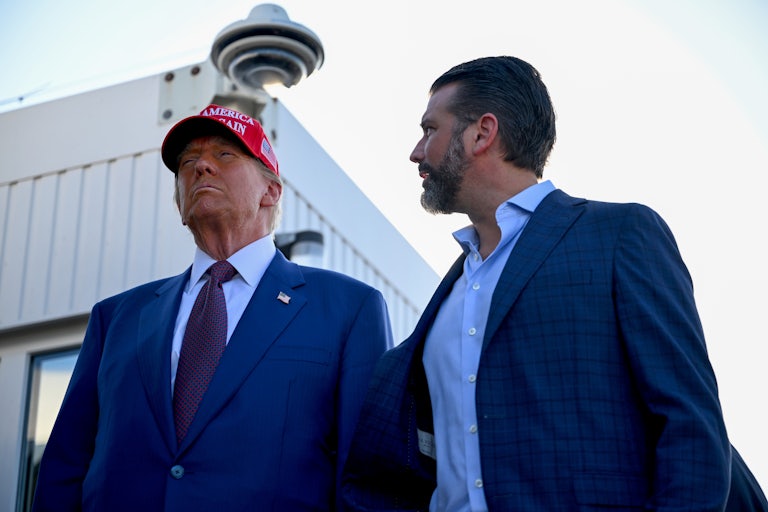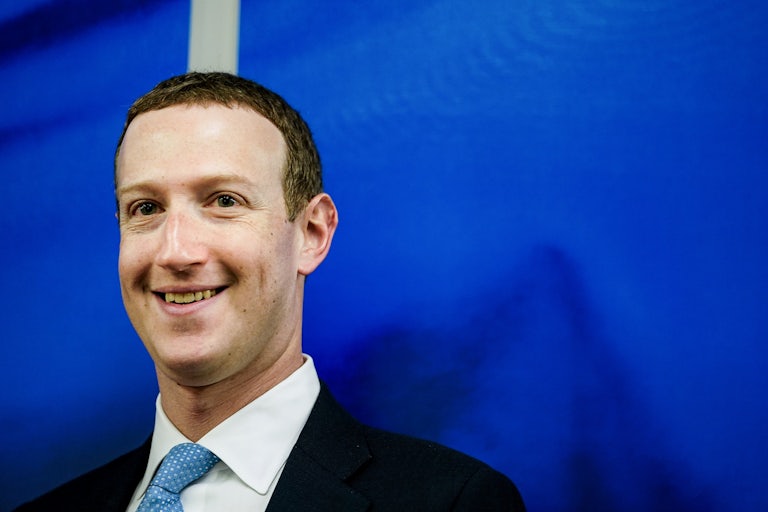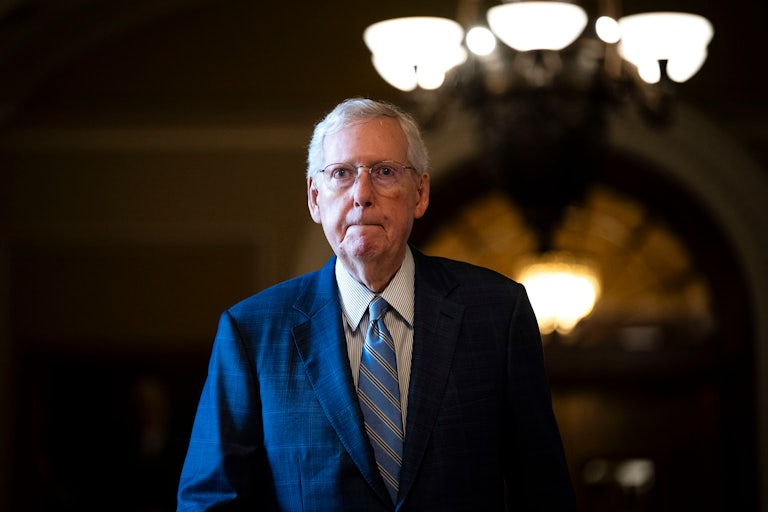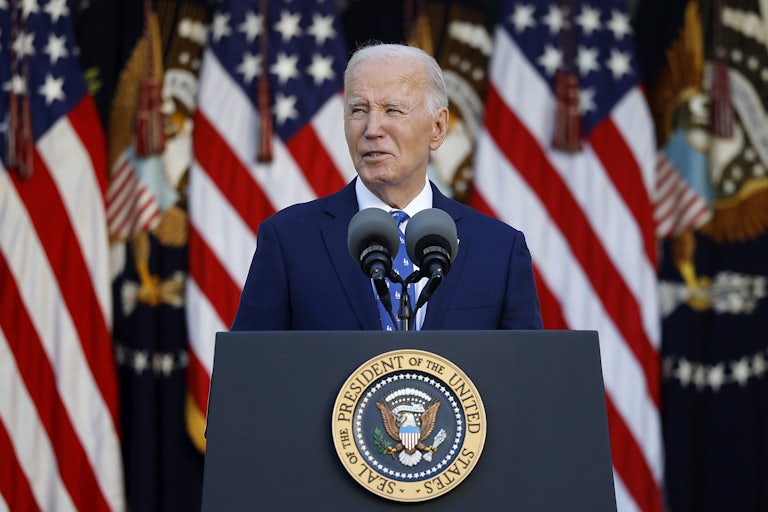Surprise! Key Witness Reveals He Lied About Biden Corruption
Alexander Smirnov admitted he fabricated the conspiracy that Joe Biden and his son Hunter had made millions from a Ukrainian energy company.
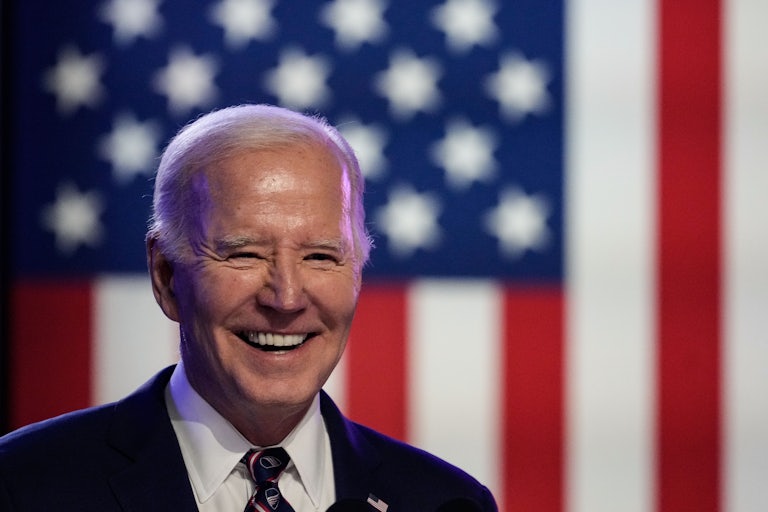
The ex-FBI informant who accused President Joe Biden and his son Hunter of netting millions of dollars in bribes from Ukrainian energy company Burisma has admitted that the whole story was a dud.
In a plea deal, Alexander Smirnov admitted to completely fabricating the conspiracy that became central to a Republican effort to impeach the sitting president. Smirnov agreed to plead guilty to four felony charges, which include one count of obstruction of justice and three tax evasion charges, in exchange for the end of two pending criminal cases against him, according to court documents.
In June 2020, Smirnov falsely reported to the FBI that Burisma executives had paid Biden and his son millions of dollars. The fake claim was part of a larger series of unfounded allegations that accused Biden of improperly leveraging his position as vice president (at the time) to prevent a corruption investigation into Burisma, of which Hunter sat on the board. The fraudulent tale also sparked an October surprise in the 2020 election about Hunter Biden’s laptop, which Trump allies Rudy Giuliani and Steve Bannon insisted contained evidence that Biden and a Burisma adviser had held a “meeting.” (The New York Post, which ran the original story on its front page, later said that the contents of the laptop were mixed with fake material and that most of the data could not be verified.)
Smirnov could face anywhere between two to six years behind bars for fabricating the story, though Donald Trump could potentially commute his sentence or outright pardon the conservative witness once he returns to the White House.
In February, the Justice Department revealed that Smirnov admitted to prosecutors that “officials associated with Russian intelligence were involved” in developing the Hunter Biden narrative.
In the ensuing fallout over the DOJ indictment, Smirnov told investigators he was in contact with “four different [top] Russian officials,” two of whom were the “heads of the entities they represent.”
Republicans had spent months building up the hype around Smirnov as a witness, isolating his allegation that Biden had pocketed millions of dollars from the Ukrainian company as the centerpiece of their probe. But in the end, Smirnov’s faux narrative—and its ability to capture and sway overzealous and power-hungry U.S. politicians—served as just another example of how effectively the Russian government can infiltrate and undermine U.S. elections.
“It targeted the presumptive nominee of one of the two major political parties in the United States. The effects of Smirnov’s false statements and fabricated information continue to be felt to this day,” prosecutors wrote at the beginning of the year.
